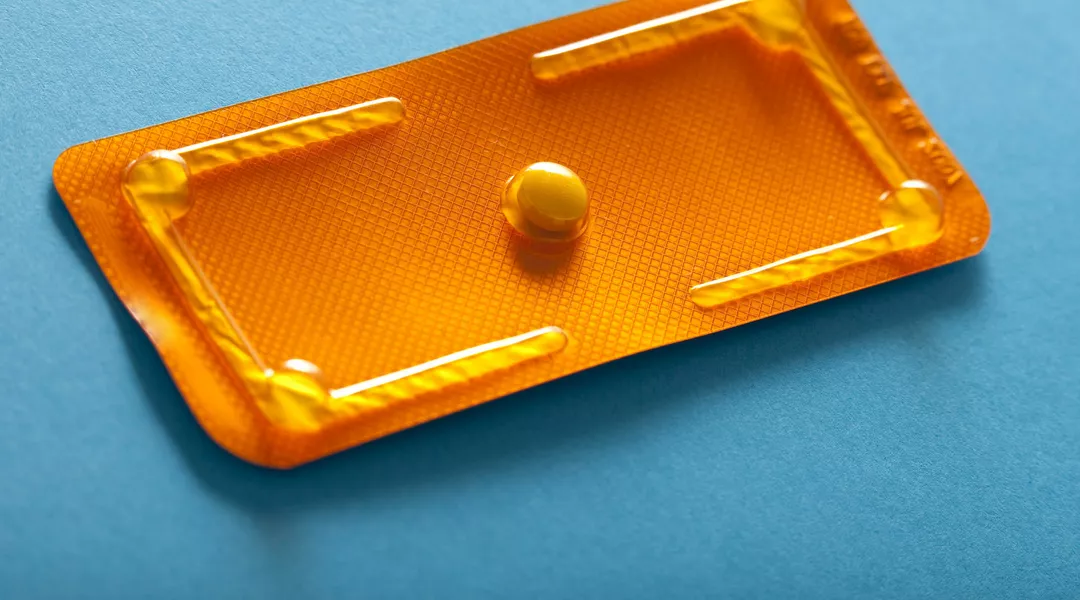Emergency Contraception

|
Emergency contraception refers to methods used to prevent pregnancy after unprotected intercourse.
The first use of emergency contraception was to protect rape victims from pregnancy. More recent uses include if a condom breaks or unplanned unprotected sexual intercourse occurs.
Emergency contraception should not be the only method a sexually active individual uses to prevent pregnancy. It is much more effective to use a consistent form of birth control. It is also important to recognize that emergency contraception is not an “abortion pill.” Emergency contraception works to prevent pregnancy from occurring.
An oral contraceptive or mifepristone (RU-486), prescribed as a “morning after pill,” reduces the risk of pregnancy in the event of unprotected intercourse. The woman takes the first dose within the first 72 hours after intercourse, followed by a second dose 12 hours after the first.
The practitioner can insert a copper IUD as long as seven days after unprotected intercourse. One advantage of this method is that it is very effective at preventing pregnancy and it provides long-term protection. A woman who has an active STI or who is at high risk for STIs should not use this form of emergency contraception.
See also:
- Family Planning (Planning & Preventing Pregnancy)Opens in new window
- Natural Contraceptive Methods for Preventing PregnancyOpens in new window
- Fertility Awareness Methods (FAMs)Opens in new window
- Barrier Methods of ContraceptionOpens in new window
- Hormonal Methods of ContraceptionOpens in new window
- Intrauterine Device (IUD)Opens in new window
- Sterilization (Tubal Sterilization/ Vasectomy)Opens in new window

